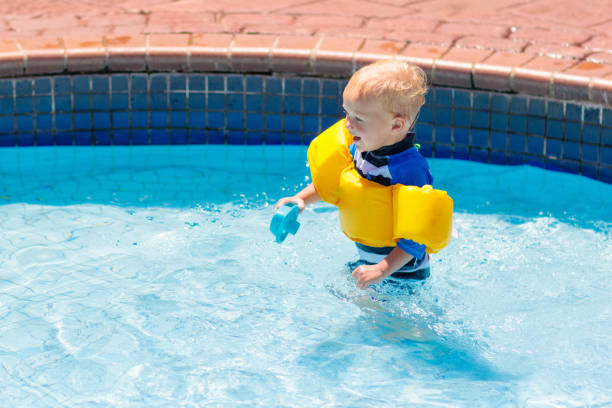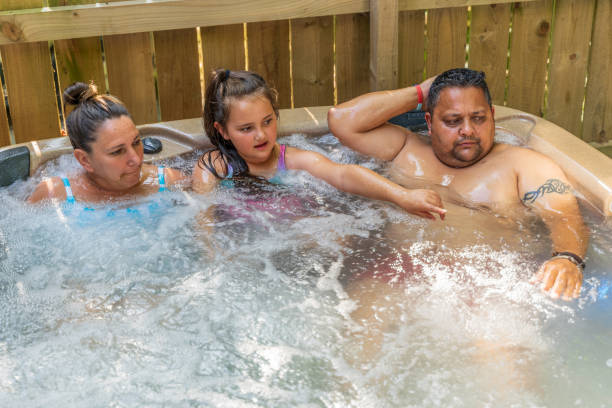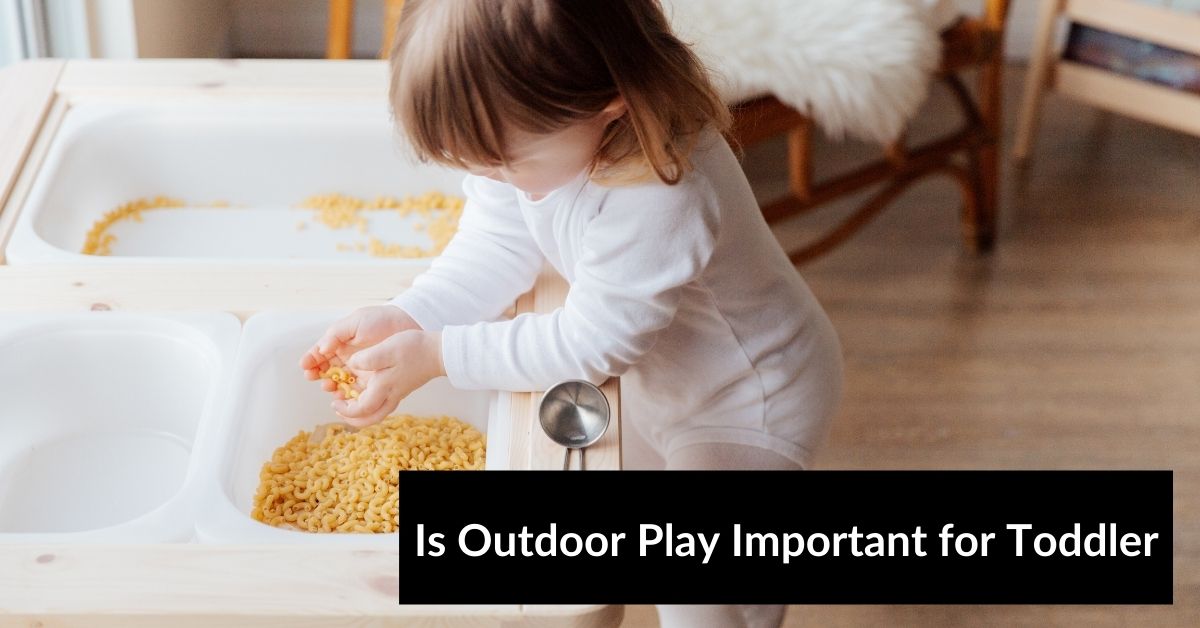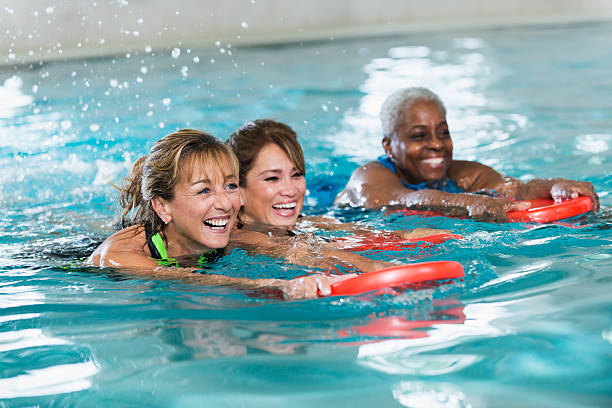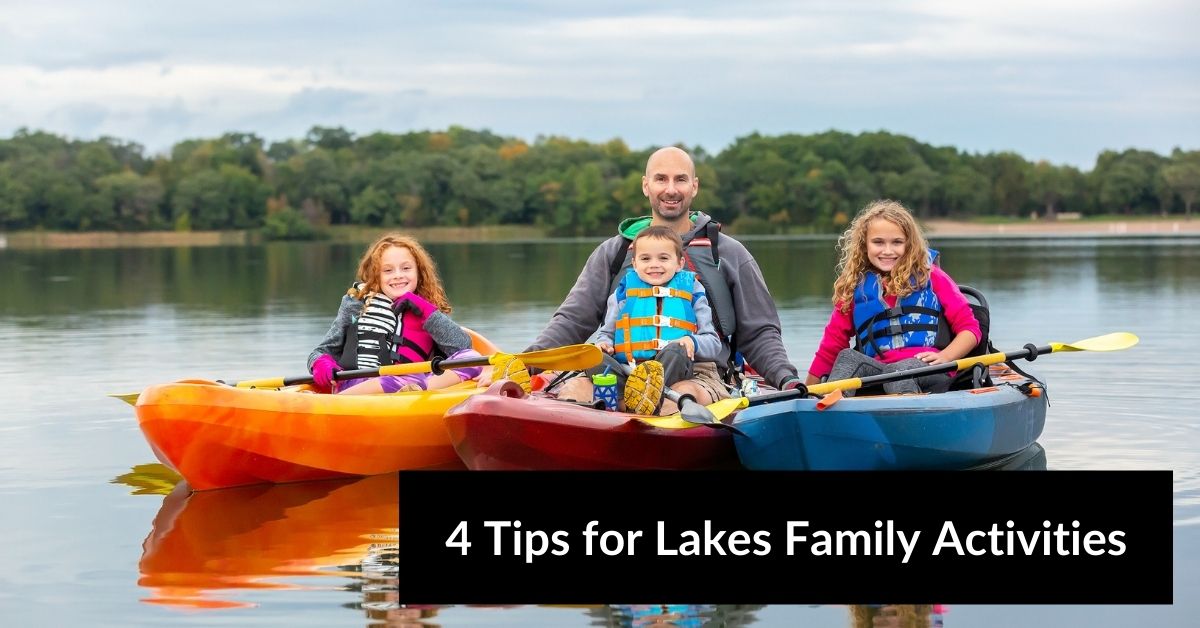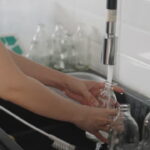How to Stop Your Toddler from Drinking Pool Water
This post contains affiliate links. This means I will make a commission at no extra cost to you should you click through and make a purchase. Read the full disclosure here.
As a parent, ensuring the safety of your toddler around pools is of utmost importance. While swimming can be a fun and refreshing activity, it’s crucial to prevent your little one from drinking pool water. In this article, we will explore the reasons why toddlers are drawn to drinking pool water, the potential dangers associated with it, and provide practical tips to help you prevent this behavior.
Table of Contents
Understanding Why Toddlers Drink Pool Water
Curiosity and Exploration
Toddlers are naturally curious beings. They love to explore their surroundings and are often attracted to the novelty of water. When they encounter a pool, their inquisitive nature may lead them to lean over and drink from it. They might be fascinated by the shimmering water or simply intrigued by the idea of tasting something different.
Thirst and Hydration
Another reason toddlers may drink pool water is because they are thirsty. Toddlers can easily become dehydrated, especially in hot weather or during physical activities. If they haven’t had enough to drink, they might be tempted to quench their thirst by sipping from the pool. It’s important to ensure your toddler is adequately hydrated to reduce their inclination to drink from the pool.
Potential Dangers of Drinking Pool Water
Chemical Imbalances
Pool water is treated with chemicals to maintain its cleanliness and prevent the growth of harmful bacteria. However, ingesting pool water can disrupt the delicate balance of these chemicals in your toddler’s body. This imbalance can lead to digestive issues, such as stomach upset or diarrhea, and can even cause electrolyte imbalances that affect their overall health.
Spread of Germs and Infections
Pools are communal spaces where many people swim, including those who might be carrying germs or infections. When your toddler drinks pool water, they are at risk of ingesting these harmful substances. This can result in various illnesses, such as gastrointestinal infections or respiratory issues. It’s vital to protect your toddler from these potential health hazards.
Tips to Prevent Toddlers from Drinking Pool Water
Supervision and Constant Vigilance
The most effective way to prevent your toddler from drinking pool water is through constant supervision. Never leave your child unattended near a pool, even for a moment. Designate a responsible adult to keep a watchful eye on your toddler, ensuring their safety and redirecting them if they attempt to drink the water.
Teach and Reinforce Rules
Educating your toddler about pool safety rules is crucial. Explain to them that drinking pool water is not safe and help them understand the reasons behind it. Use simple and age-appropriate language to communicate the message effectively. Reinforce these rules consistently, and praise your child when they follow them.
Provide Alternative Drinks
To prevent your toddler from becoming thirsty and resorting to pool water, ensure they have access to alternative drinks. Keep a water bottle or sippy cup nearby and offer it to them regularly. Encourage them to drink from these sources and reinforce the idea that pool water is not for drinking.
Use Protective Swimwear
Investing in protective swimwear can provide an additional layer of safety. Look for swim diapers or swim trunks with built-in lining that can prevent accidents and minimize the chances of pool water ingestion. These specially designed garments are comfortable for your toddler to wear and give you peace of mind.
Create a Safe Pool Environment
Make sure your pool area is secure and child-proofed. Install barriers, such as safety fences or gates, to prevent unsupervised access to the pool. Remove any potential hazards from the vicinity, such as toys or objects that might attract your toddler’s attention. By creating a safe environment, you minimize the risk of your child coming into contact with the pool water.
How to Teach Toddlers Not to Drink Pool Water
Communicate and Explain
Engage your toddler in a conversation about pool water safety. Use simple and relatable language to convey the message clearly. Explain that pool water contains chemicals and germs that can make them sick. Encourage them to ask questions and address any concerns they might have. By fostering open communication, you can establish a foundation for understanding and compliance.
Engage in Water Play Activities
To distract your toddler from the temptation of drinking pool water, engage them in fun water play activities. Provide them with age-appropriate toys, such as floating objects or water squirters, to keep them entertained. This diversion can redirect their attention away from drinking the water and encourage them to enjoy other aspects of swimming.
Gradual Exposure and Gentle Redirection
If your toddler shows persistent interest in drinking pool water, you can try a gradual exposure approach. Start by allowing them to dip their fingers or toes in the water, under close supervision. As they become more comfortable, gently redirect their attention towards other activities or encourage them to splash in the water instead. This method can help them associate pool time with play rather than drinking.
Dealing with Persistent Pool Water Drinking
Seek Professional Help
If your toddler continues to drink pool water despite your efforts, it might be beneficial to seek professional guidance. Consult with your pediatrician or a child behavior specialist who can provide insights and strategies tailored to your child’s specific needs. They can help you address any underlying issues that may contribute to this behavior.
Assess Underlying Causes
Persistent pool water drinking could be a sign of other underlying concerns, such as sensory issues or developmental challenges. Take the time to observe your toddler’s behavior in various settings and consult with professionals to assess any potential causes. Identifying and addressing these factors can contribute to effectively managing and reducing the pool water drinking behavior.
Conclusion
In conclusion, it’s vital to take proactive measures to prevent your toddler from drinking pool water. By understanding their curiosity, addressing their thirst, and implementing safety measures, you can create a safe environment that minimizes the risk of pool water ingestion. Through open communication, redirection, and seeking professional help when needed, you can effectively guide your toddler away from this potentially harmful behavior.
FAQs
1. Is it dangerous for my toddler to drink pool water occasionally?
While occasional ingestion of small amounts of pool water may not cause immediate harm, it’s important to discourage the behavior. Pool water contains chemicals and germs that can be harmful to your toddler’s health. Encourage them to drink from alternative sources to stay hydrated.
2. How can I make sure my pool is safe for my toddler?
Ensure your pool is properly maintained and regularly tested for chemical balance. Install appropriate safety measures, such as fences and gates, to prevent unsupervised access. Remove any potential hazards and supervise your toddler closely while they are near the pool.
3. What are the signs of chemical imbalance from drinking pool water?
Signs of chemical imbalance from drinking pool water may include stomach upset, diarrhea, nausea, vomiting, or skin irritation. If you notice any of these symptoms, consult a healthcare professional for proper evaluation and guidance.
4. Can swimming lessons help prevent my toddler from drinking pool water?
Swimming lessons can be beneficial in teaching your toddler water safety skills and building their confidence in the water. However, it’s important to note that swimming lessons alone may not prevent them from drinking pool water. Continuous supervision and implementing other preventive measures are equally important.
5. What should I do if my toddler continues to drink pool water despite my efforts?
If your toddler persists in drinking pool water despite your efforts, consider seeking professional help. Consult with your pediatrician or a child behavior specialist who can provide guidance and develop strategies tailored to your child’s specific needs. They can help identify any underlying causes and offer appropriate interventions.

